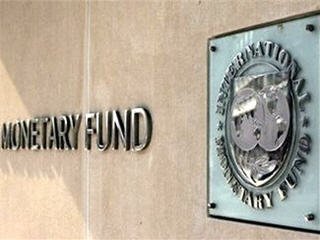ข่าวสารประเทศตลาดใหม่และอื่นๆ
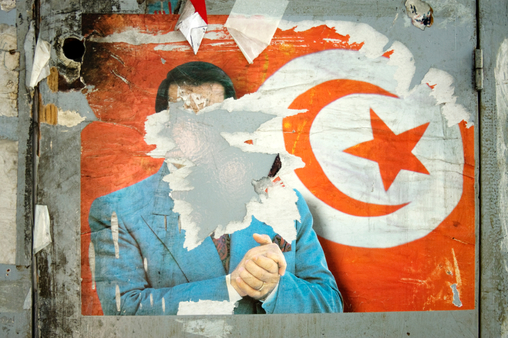
Tunisia in Good Position for Growth
20 พฤศจิกายน พ.ศ. 2557
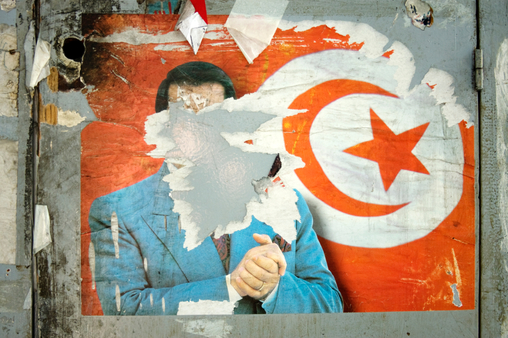
The victory of Tunisia’s secular Nidaa Tounes party in last week’s keenly watched parliamentary elections, the second since Tunisia’s 2011 revolution, is an important milestone in the country’s path toward democracy, and one that many are hoping will help to spur forward a deeply lagging economy.
Things have not been easy for Tunisia, the first of the Arab Spring nations. Tunisia’s economy has suffered considerably over the past three years. FDI has dried up and this has had an impact on both consumption and production in some sectors, said Amelie Roux, sovereign and supranational ratings analyst at Fitch Ratings in Paris, as well as on domestic investment. The European Union slowdown has also taken its toll on the Tunisian economy, which is very much dependent on exports to the EU, as well as on both investment and tourism from Europe.
“Since all of these have suffered, economic growth has been below potential and we’ve seen both the budget and current account deficit widening,” Roux said. “So globally speaking and from a ratings perspective, the overall economy has weakened considerably.”
On the political side, too, the transition toward democracy hasn’t been easy and continues to pose challenges. Tunisia’s neighbor, Libya, is in shreds. Radical Islamists continue to threaten stability and recent news reports have suggested that Tunisia is prime recruiting territory for ISIS.
But the Nidaa Tounes victory could turn things around on multiple fronts, in particular the economy, an area many believe Ennahda, the previous ruling party, neglected.
“We feel that there is a consensus in Tunisia to want to improve things, and to consolidate public finances,” Roux said. “The budget deficit has narrowed this year, and this is the first step in consolidating public finances.”
Most importantly, though, the transition process will result in the formation of a stable government in Tunisia. This seems possible because the Tunisians have shown a willingness to compromise and discuss, as evidenced earlier this year, when they voted for a new constitution that allowed for the elections and agreed on an interim government, Roux said.
“Tunisia is large and there is place for all Tunisians, whatever their aspirations or politics,”said Jalel Tabib, London-based director for Tunisia’s Foreign Investment Promotion Agency (FIPA). “This is an important moment for the country and everyone is on board for the change.”
What does Tunisia have going for it at this time?
Strong International Support
There’s little doubt that Tunisia is a template for other nations that went through the Arab Spring. To that end, the role of international creditors has been quite strong, Roux said, and has supported the country’s political transition. International creditor support from multilateral agencies like the International Monetary Fund and the World Bank are important for Tunisia’s rating, she said, as is the bilateral support Tunisia continues to receive from countries like Japan and the United States.
Credibility With Reforms
Tunisia’s strict adherence to reforms is one of its strongest attributes. From the time of ousted president Zine El Abidine Ben Ali, Tunisia has stuck to its commitments and the country has never once failed to repay international debts. This helps a great deal in creating goodwill at a time when the country desperately needs foreign investment and foreign investors are also keen to support the launch of a new democracy, says Peter Thoms, founder of investment firm Africa Capital Group.
“Now, if Tunisia can put together an inclusive government, there is a chance for the country to kick growth in gear, because its current 2.5% growth rate isn’t enough, particularly to reduce Tunisia’s high unemployment rate,” Thoms said. “For that, you need outside capital, you will need European and U.S. companies to invest in Tunisia.”
Human Capital
Tunisia is a small country of only 11 million people, but they make for a large, educated and now, largely unemployed workforce, according to Tabib.
“We are rich in human resources, in educated people – there’s no dearth of human capital here, and it’s also available at very affordable prices compared to Europe and also compared to neighboring countries, such as Morocco, and even Eastern Europe,” he said.
Niche Industries
Tunisia is the second largest supplier of automobile parts to the European Union after South Africa, according to Tabib, and “this is an industry that’s very well developed and for which we have the know-how.”
The aeronautics sector is also a growing industry, and textiles has always been a traditional sector.
Tabib is hoping that the interest generated by conferences like the Tunis Investment Forum, which took place in June and attracted a great deal of attention from many different quarters, will help mobilize FDI and portfolio investment into the country. Given the problems the country has gone through, the Tunisian stock market has been flat. “But once there is stability, once investors and multinationals have confidence that their assets will be safe, they will go in,” Thoms said.
Cr : http://www.thinkadvisor.com/2014/11/03/tunisia-in-good-position-for-growth
-

Disney Considers Building Theme Park in Egypt
24 พฤศจิกายน พ.ศ. 2557 -
เมก้า ไลฟ์ไซแอนซ์ เชิญชวนนักลงทุนอาเซียน หันไปลงทุนในแอฟริกา
25 พฤศจิกายน พ.ศ. 2557 -
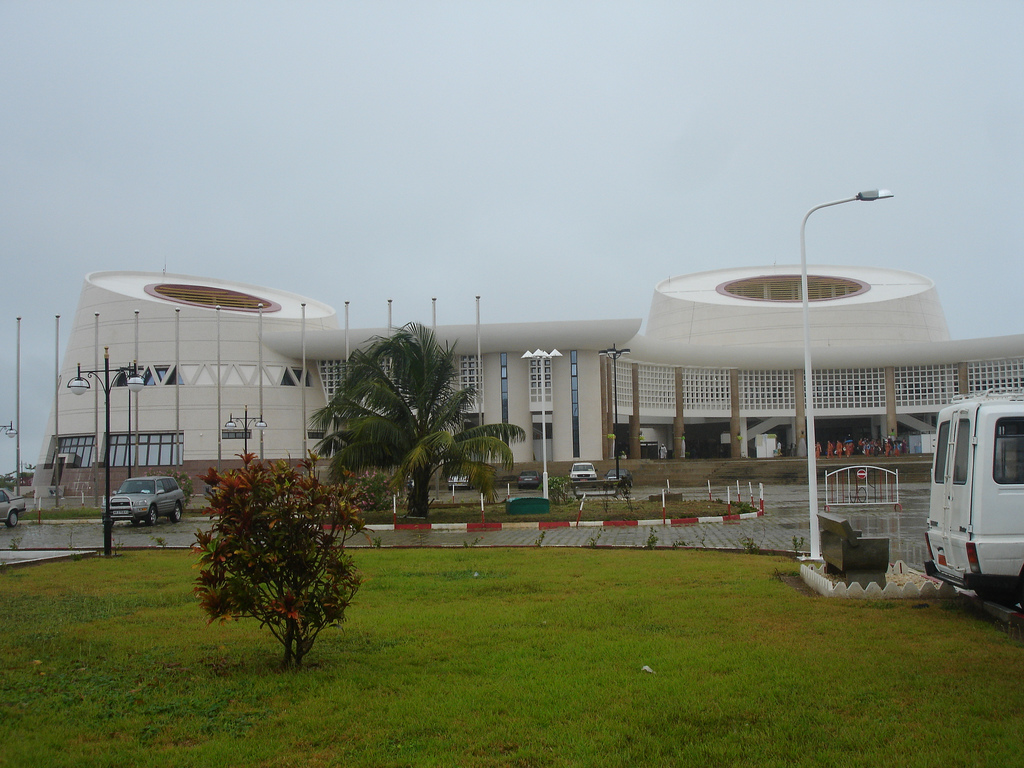
BENIN Investment Guide
26 พฤศจิกายน พ.ศ. 2557 -
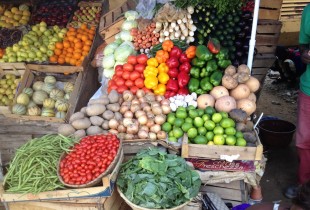
Senegal comes to the fore as Africa’s hottest investment location
1 ธันวาคม พ.ศ. 2557

